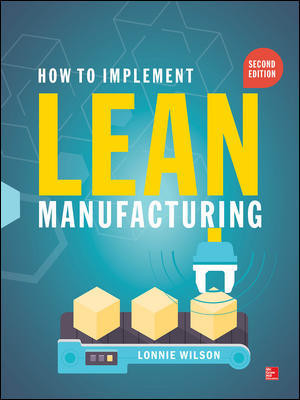European Automakers Scramble to Secure Wiring Harness Suppliers

The war in Ukraine has disrupted supply chains in the European auto industry. It has forced some automakers to change production schedules and find alternate suppliers of wire and cable harnesses.
BMW, Daimler and Volkswagen have been impacted the most, because they depend heavily on suppliers such as Fujikura, Leoni and Nexans, which operate large assembly plants in Ukraine.
In fact, Ukraine boats 17 wire harness factories, ranking it third behind Romania and Morocco among low-cost countries in the region. Most of the facilities are located in the western part of the country.
According to AlixPartners, a consulting firm, wire harnesses are the most important automotive component exported from Ukraine to the European Union, accounting for approximately 7 percent of imports.
Leoni AG alone operates several factories in Ukraine that employ around 7,000 people. Production at its plants in Kolomyia and Stryi was interrupted immediately after the start of the war, but the company claims that it has since been gradually increased.
Skoda, a division of Volkswagen Group, relocated cable harness production from Ukraine to the Czech Republic, while also securing additional production capacities in Morocco and other countries.
“The aim of the measures is to safeguard the company even more effectively against potential supply bottlenecks and disruptions to the supply chain in the future,” says Karsten Schnake, board member for purchasing at Skoda Auto. “The arrangements will allow for current production volumes to be doubled if necessary.
“We have been working very closely with our partners…to minimize the impact of the war in Ukraine on the supply of cable harnesses,” explains Schnake. “With great dedication, we managed to resume production in Ukraine within a short period and also significantly increase manufacturing capacities.
“At the same time, I can assure our Ukrainian partners that we are and will remain fully committed to them,” Schnake points out. “They have our utmost respect for continuing to supply us as the circumstances permit.”
Because of war-related supply bottlenecks, Skoda was forced to suspend production of its new ENYAQ iV electric vehicle for eight weeks due to a shortage of cable harnesses. The automaker and its suppliers quickly began investigating alternatives.
Engineers at Skoda and PEKM Kabeltechnik managed to relocate part of its cable harness production within five weeks of the war starting. PEKM built the necessary production equipment in a facility in Mlada Boleslav, Czech Republic, provided by Skoda and manufacturing was gradually ramped up.
The production facilities are staffed by 35 women from the Ukrainian plant in Lviv, who are now training new employees.
To be prepared for potential supply bottlenecks in the future, Skoda has also secured additional capacity from Kromberg & Schubert at its plant in Kenitra, Morroco. In addition, Kromberg & Schubert has increased the number of cable harnesses manufactured at its Ukrainian plant in Zhytomyr.
Looking for a reprint of this article?
From high-res PDFs to custom plaques, order your copy today!







